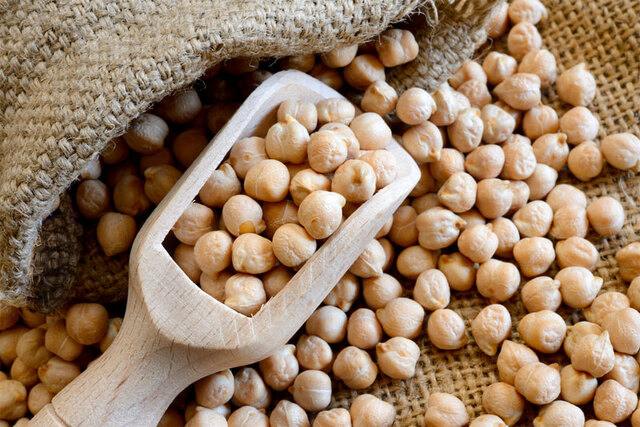Tariffs on Australian Desi Chickpeas to India have been suspended until 2025, in a move that will have significant implications for local producers.
India’s decision to suspend the tariffs, effective until March 31, 2025, follows advocacy efforts from various stakeholders, including Grain Producers SA (GPSA), Grain Producers Australia, Grain Growers Limited and Grains Australia.
The tariffs, originally established in 2017-18, posed significant challenges to Australian chickpea exports to India, the world’s largest consumer of chickpeas.
The crop is very drought resistant, making it a popular choice for dryland farming across the country.
The suspension of tariffs, which were initially equivalent to about 66 per cent, provides an excellent opportunity for the South Australian grain industry to capitalise on.
In the week following the announcement of tariff suspensions, the price of chickpeas was elevated by $100 per tonne in some areas.
GPSA welcomed the decision, stating the move would benefit South Australian producers and the Indian pulse market.
“GPSA commends the Indian Government for its decision to suspend chickpea tariffs,” chief executive officer Brad Perry said.
“This development underscores the importance of continued collaboration and engagement between governments and industry stakeholders.”
South Australia is a strong contributor to the nation’s chickpea production, averaging more than 36,000 tonnes of chickpeas annually for the past five years.
“South Australia plays an important role in chickpea production and the tariff suspension will undoubtedly enhance market opportunities,” Mr Perry said.
“GPSA actively supported the previous calls to remove the chickpea tariffs to India.
“The suspension of tariffs not only ensures ongoing market opportunities for Australian chickpeas but also fosters competition in key export markets.”
Grains Australia Pulse Council chairman Peter Wilson hailed the decision as a positive step towards strengthening trade relations between Australia and India.
“The suspension of tariffs presents a great opportunity for Australian producers to expand their presence in the Indian pulse market, ultimately contributing to the industry’s competitiveness and profitability,” he said.








